Future of technologies
We live in an age of technological revolutions, where every day brings new discoveries and innovations. From artificial intelligence to space flight, the world of technology continues to expand and evolve at a speed that could not have been foreseen even a few decades ago. Let’s cast a glance into the future and imagine what the world of technology will be like in 2040.
Future of Artificial Intelligence (AI)
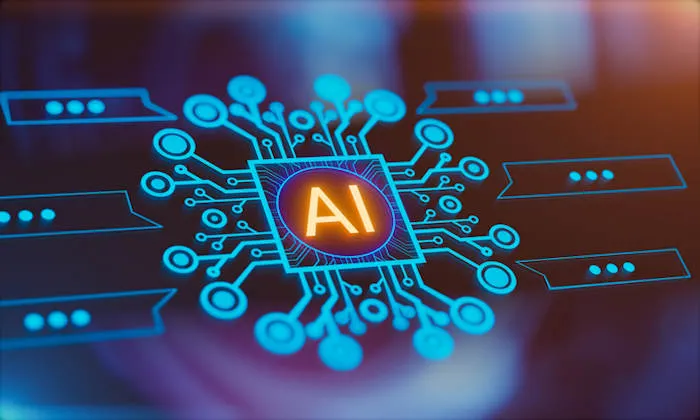
In the future, the impact of these technologies will become even more significant, penetrating all areas of human life.
It is expected that:
- AI systems will become more advanced and capable of performing complex tasks that are beyond the reach of computers today.
- Automation will lead to massive job losses, especially in professions that do not require creativity and out-of-the-box thinking.
- New professions will emerge that involve the development, maintenance, and use of AI systems.
- AI will be used to automate many everyday tasks such as home management, transportation, and shopping.
- AI will play an important role in addressing global issues such as climate change and poverty.
However, the development of AI and automation comes with a number of risks:
- Increased unemployment could lead to social unrest.
- AI could be used for malicious purposes, such as creating autonomous weapons.
- Automation could lead to a loss of control over production processes.
- It is important to think now about how to minimize these risks and maximize the benefits of AI and automation.
Biotechnology
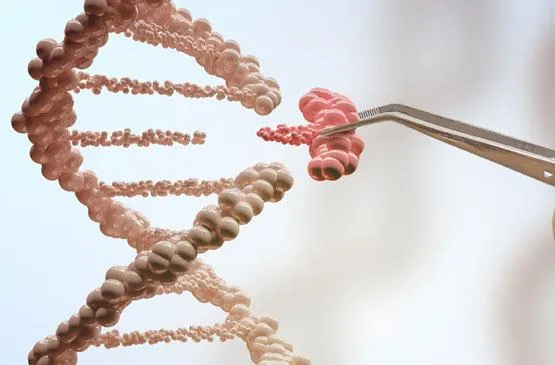
Biotechnology and medical innovation are advancing at a rapid pace, promising to revolutionize healthcare in the future.
It is expected that:
- Life expectancy will increase significantly.
- Many diseases that are considered incurable today will be cured.
- Personalized medicine will become available to all.
- New treatments for cancer, cardiovascular disease, and other chronic diseases will be developed.
- Genetic engineering will make it possible to modify human DNA to treat diseases and improve quality of life.
- 3D printing of organs will become commonplace.
- Artificial intelligence will be used to diagnose diseases, develop new drugs, and perform surgeries.
These advances will improve the health of people around the world and make their lives longer and of higher quality.
Robotics and automation
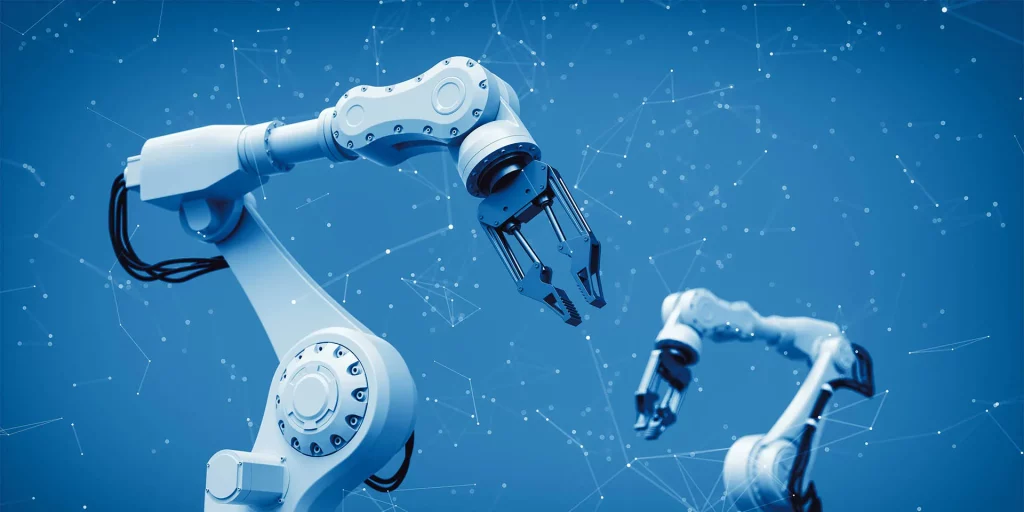
In the future, robotics and labor automation will play a key role in the global economy and manufacturing. Robots will be widely used in various industrial sectors, from automobile and electronics manufacturing to agriculture and healthcare.
Manufacturing and Industry:
Industrial robots will enable efficient and accurate manufacturing, reducing cycle times and minimizing errors. Flexible production lines will enable rapid reconfiguration of production to suit different products and market requirements.
Agriculture:
Robotic systems will be used in agriculture to automate processes such as seeding, irrigation, harvesting and tillage. This will increase productivity and reduce labor costs.
Healthcare:
Medical robots will be used for surgical procedures, diagnosis and rehabilitation of patients. They will provide more accurate and efficient procedures, reduce the risk of errors and shorten patient recovery time.
Logistics and transportation:
Autonomous vehicles and drones will be used to deliver goods and cargo, reducing delivery time and lowering logistics costs. Loader robots will automate warehouse operations, speeding up the processing and shipment of goods.
Education and Training:
Robot teachers will assist in the educational process by working as personal tutors and educational assistants. They will provide personalized learning materials and support students in the learning process.
Services and Catering:
Robot waiters, robot cleaners, and other automated systems will be used in catering, hospitality, and other service industries to provide high quality service and improve operational efficiency.
Energy and environmental technologies
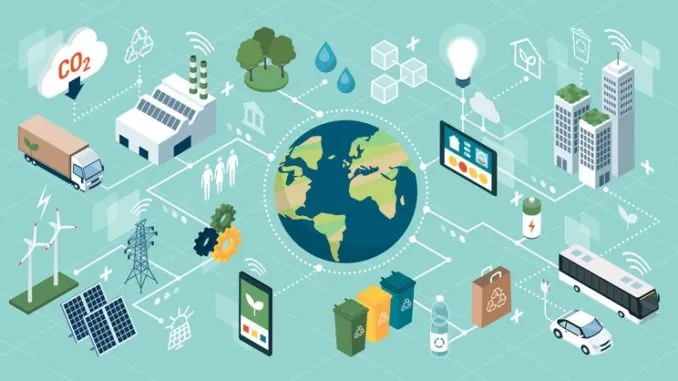
In the future, the world will face new challenges and opportunities in energy and environmental technologies. While climate change and environmental sustainability will remain important issues, innovation and technology development will create new ways to address these challenges. Let’s take a look at what key trends and prospects lie ahead for energy and environmental technologies in the future.
Transition to renewable energy sources
In 2040, renewable energy will become the primary source of electricity in many countries around the world. Solar and wind power will be more affordable and efficient due to innovations in technology and cost reductions in the production of solar panels and wind turbines.
Smart grids and energy storage
In the future, smart grids and energy storage technologies will play a key role in ensuring the stability and reliability of energy supply. Smart grids will enable more efficient management of power distribution, while energy storage technologies will help compensate for energy shortages during periods of low utilization.
Electric vehicles and transportation of the future
Electric vehicles will become widespread and affordable for many consumers. With lower battery costs and longer range, electric vehicles will become the preferred choice for transportation in both urban and rural areas.
bioenergy and biotechnology innovations
Bioenergy and biotechnology will play an increasingly important role in achieving a sustainable energy mix and addressing climate change. Biofuel production technologies from organic waste and alternative sources will become increasingly efficient and cost-effective.
Innovation in environmental technology
Future innovations in environmental technology will include the development of new methods for purifying water and air, recycling waste, and creating sustainable materials and designs. These technologies will help reduce negative environmental impacts and create greener and more sustainable cities and societies.
The Future of Space Exploration and Colonization
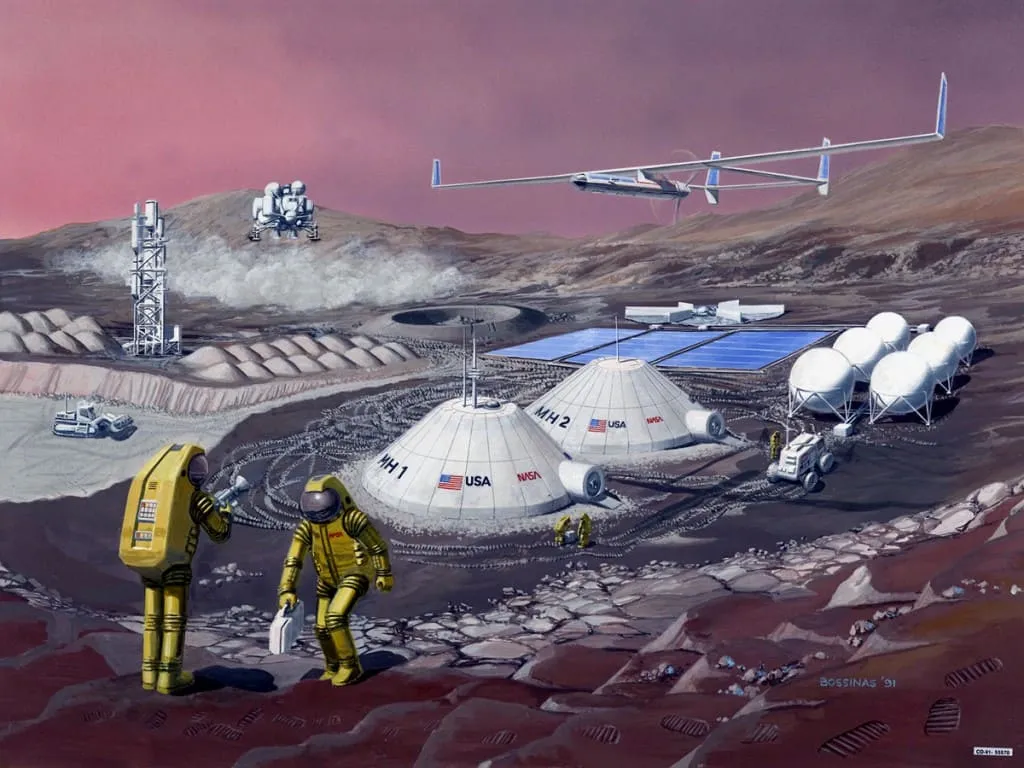
Humanity has always dreamed of traveling into space and exploring the depths of the universe. In the 21st century, these dreams are becoming increasingly real, and the prospects for space exploration and colonization seem brighter and more hopeful than ever. Let’s take a look at what opportunities and challenges await us in the future of space exploration and colonization.
Exploration of Mars and other planets
In the future, space agencies and private companies will continue to explore Mars and other planets in the solar system. Missions to Mars will become increasingly ambitious, with the possibility of landing humans on the planet’s surface and establishing permanent bases and colonies.
Exploration of lunar resources
The Moon will also be the subject of intense exploration, including studies of its geology, composition, and resources. In the future, lunar resources could be a key source of water, rare metals, and other materials for space infrastructure and colonization of other planets.
Establishment of space settlements and stations
In the future, space agencies and private companies will build permanent space settlements and stations around Earth, the Moon, and other space objects. These settlements will serve as bases for further exploration and exploitation of space resources.
Technological innovation
In the future, advances in technologies such as interplanetary propulsion, 3D printing in space, and autonomous systems will enable more efficient and safer exploration and colonization of space objects. These technologies will also advance space infrastructure and reduce the cost of space missions.
International cooperation
In the future, international cooperation will play an increasingly important role in space exploration and colonization. Joint missions and projects will facilitate the exchange of knowledge and experience between different countries and ensure more efficient utilization of resources and technologies.
Exploitation of space resources
In the future, space resources such as asteroids and comets may provide a valuable source of rare metals, water, and other materials for Earth and future space colonies. Exploiting these resources will require the development of new technologies and legal frameworks to ensure their sustainable utilization.
Conclusion
Future technologies represent not only a means to improve our daily lives, but also the key to solving the global problems facing humankind. They offer us endless opportunities for innovation, progress and development. But with that comes the responsibility to use these technologies for the benefit of humanity and the preservation of our planet. The future belongs to those who boldly and creatively explore new horizons of possibilities, but without forgetting the value of human life and the preservation of our unique world. May the technologies of the future be powerful tools for creating a more just, sustainable and inspiring world for all of us.
.png)